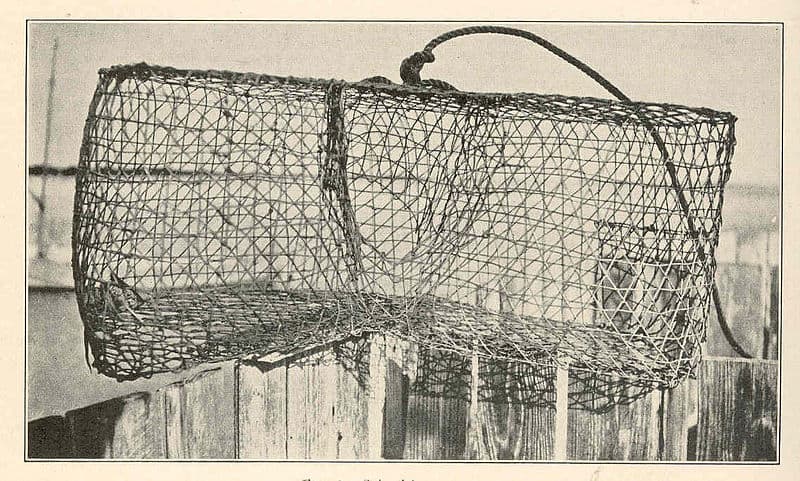Over the centuries, food, drink, spices, and salt have served as the casus belli for countless wars and conflicts. It’s probably safe to speculate the earliest conflicts of prehistoric man took place over food. The harvests of primitive farms and game on which to sustain themselves and their tribes are obvious stress for any culture. In North America, tribes of Native peoples fought over the richest hunting grounds. Shawnee, Cherokee, Miami, Choctaw, and other tribes fought over hunting grounds in Kentucky and Tennessee long before the arrival of the Europeans. The same can be said regarding other tribes in the West and in Mesoamerica, as well as in Africa, Asia, and even Polynesia. People have been fighting over food from the beginning of time. Some economists and demographers conclude future wars will take place over the distribution of food, a somewhat gloomy prospect for the 21st century.

As well as fighting over food, wars have been fought over the means of flavoring it, as well as preserving it. Wars over salt took place throughout history, even leading to the collapse of empires. British, French, Portuguese, and Dutch fleets and armies fought each other over the lucrative spice trade. Natives of some of the Spice Islands, as they were called, rose in rebellions against the colonizers exploiting their homelands. Some wars over food were fought in international waters, such as the series of conflicts between Great Britain and Iceland known as the Cod Wars. The dispute centered on fishing rights in international waters, with both sides demanding greater access to the longstanding trade in cod and other fish, destined for world markets. Here are some examples of war resulting from humanity’s quest for food.

1. The El Paso Salt War followed the Mexican-American War in the 1840s
The Treaty of Guadalupe Hidalgo ended the Mexican-American War and transferred most of what is today the American Southwest to the United States. It also awarded American citizenship to Mexicans residing in those vast tracts. Along with American citizenship, American law and business practices took precedence. The latter had a significant effect on long-established customs. Among them was land ownership. Under Spanish and Mexican law, the salt flats of the El Paso valley were common lands. Anyone could enter the flats and salt beds, take what salt they needed, and leave unimpeded. Under American law, the salt flats were considered unclaimed lands. Anyone could stake a claim to own the lands, thus controlling access to them and the salt. On the American and Mexican frontiers, salt presented a highly valuable commodity.
Salt was used by the Mexicans and Mexican-Americans of the region for flavoring, but more importantly for preserving, foods, especially meats. Most of the residents of the region lived on small farms, and supplemented their diets with game and fish, preserving both with salt. Following the American Civil War, the states which had seceded from the Union were required to adopt new constitutions as a condition of being fully restored to the United States. Texas adopted its new constitution in 1866. The new laws of Texas allowed individuals and corporations to claim mineral rights on lands and rivers they owned. This made the salt beds, community property for three preceding centuries, open to private ownership, including the salt they contained. In the 1870s, maneuvering by politicians and businessmen over ownership of the salt beds led to a conflict known as the El Paso Salt War.

